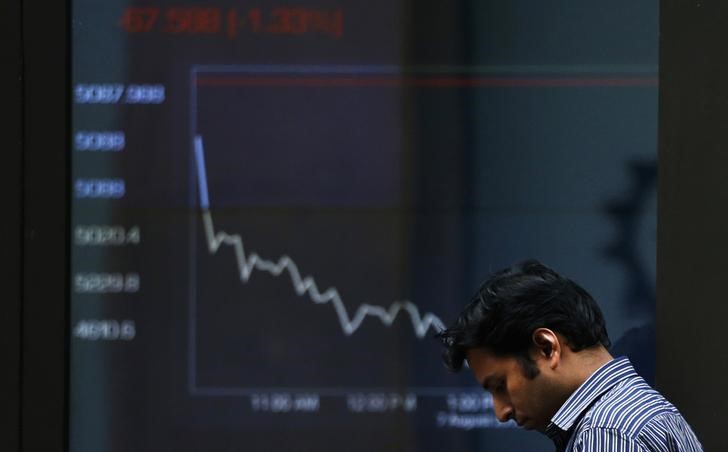Investing.com - The ASX 200 opened 0.7% lower on Tuesday, mirroring the weakness in Europe following data confirming Germany's economic slowdown, with investors focussing on local consumer sentiment data.
Mining heavyweight Rio Tinto Ltd (ASX:RIO) is due to release its latest quarterly production update, with its annual meeting scheduled for January 29 and full-year results set to be released on February 21.
Upgrade your trading decisions with InvestingPro+! Use discount code “INVPRODEAL” and receive an additional 10% off the InvestingPro+ bi-yearly subscription. Click here! and don't forget the discount code.
According to preliminary estimates, Germany's economy saw a 0.3% decline in the December quarter, with the September quarter's figures being revised to a 0% change from the initial negative 0.1%.
The economic downturn that Germany has been facing since the end of 2022 is expected to continue throughout 2023. There has been a widespread fall in demand, with reductions in household and government consumption, exports, and gross fixed capital investment. Industrial output and manufacturing production have also seen a decline. However, a recent decrease in inflation should provide some relief for households, though the forecast for 2024 predicts zero GDP growth due to potential contractions in residential and business investment, a deep downturn in construction, and tighter fiscal policy from the government.
US markets remained closed in observance of Martin Luther King Day and will resume trading on Tuesday.
The focal point of the global market was Germany's economic data, which confirmed a 0.3% fall in gross domestic product (GDP) between October and December. RBC Capital Markets suggested that this further supports the expectation of softer Q4 growth for the euro area, possibly leading to a 0.1% contraction.
While there are some signs of stabilization in euro area activity, the recovery is far from universal, with industrial production remaining a weak spot. Government bond yields across the region increased after ECB's chief economist Philip Lane commented that cutting rates too quickly could trigger a new wave of inflation.
